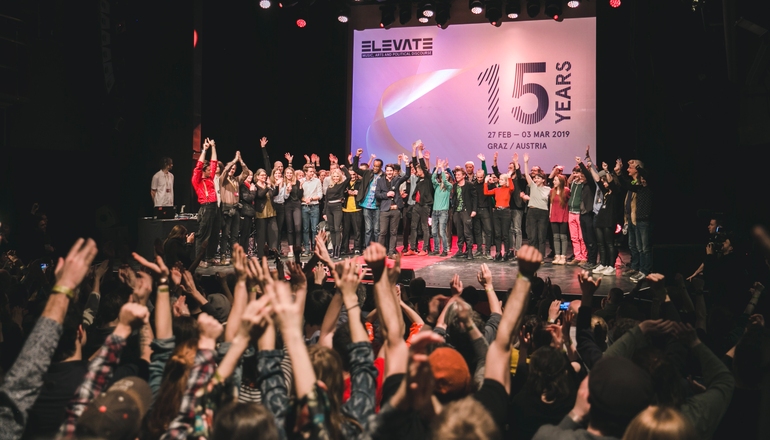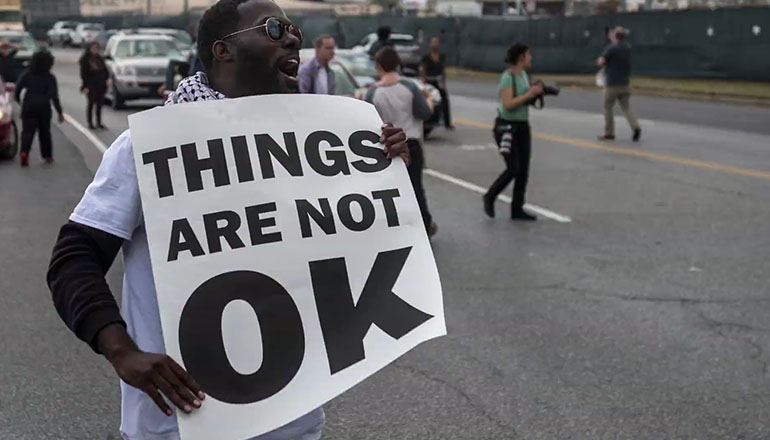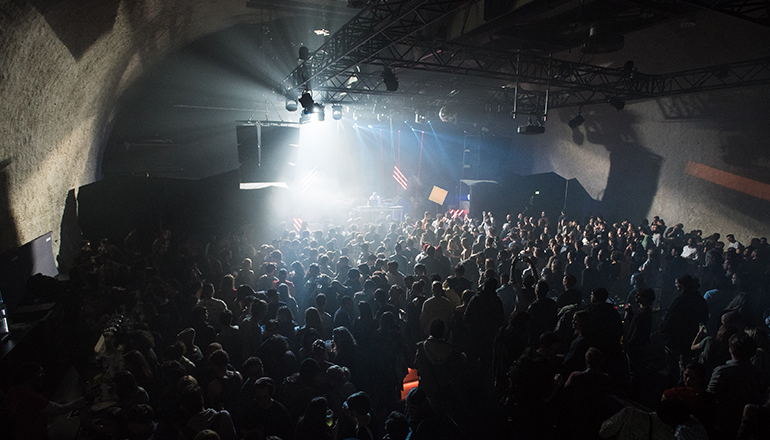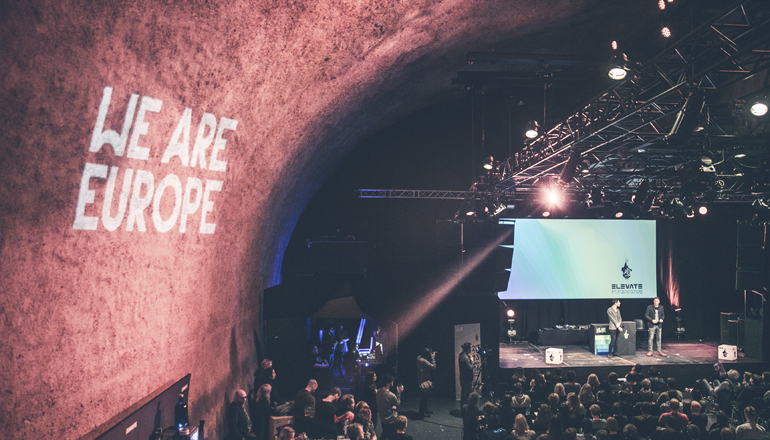For Regina Joschika, the status quo in the IT industry is systematic exploitation, starting with mining and processing and ending at the disposal stage. Why? Profitability. Companies simply don't pay attention to the entire supply chain or life cycle of their products because that would be costly.
Regina outlines for us three key features of this exploitative system.
1. The demand for fast and inexpensive technology.
The lifespan of a computer is much shorter in 2014 than it was in the 1990s. Back then, you could expect to get seven years out of your PC. Now the average lifespan of a computer is just two years.
This shortened lifespan is a concern because the amount of raw materials required to produce a computer is truly shocking. According to research by the United Nations University, it takes 240 kilograms of fossil fuels, 22 kilograms of chemicals and 1500 kilograms of water to make one desktop PC. Countries in the global south are richest in these resources, but they are not the ones profiting from their exploitation.
2. The complexity of IT supply chains.
Unlike for chocolate or clothes, IT products are made up of many tiny items. In a computer, as many as sixty companies will contribute to the supply chain for Apple or Dell or whatever name is on the box. Most IT companies simply don't know the set up of their supply chain because it is so complex. This means that they can't control environmental abuses and worker exploitation.
The extraction of raw materials for the electronics industry is highly dangerous. The mining workforce is often not informed and not protected, leading to many deaths from exposure to toxicity or from mine collapses. In some countries, children work in the mines.
During the next stage in the process, work in electronics factories is often inhumane. Workers are forced by low wages or the threat of lay-offs to work unpaid overtime or during the night. In many countries where these IT products are built there are no trade unions or union activity is restricted. The majority of workers don't know their rights. Work in the computer industry is also dangerous. During soldering, for example, toxic chemicals are released which can burn skin.
3. Disposal.
An estimated fifty million tonnes of e-waste is generated every year. Two thirds of this is not disposed of correctly or recycled – computers are full of valuable input material that could be reused. Most of this waste is toxic with tragic consequences for the environment and the communities on whom it is dumped, often in the global south, where there is not the expertise to handle it properly. Children, for example, sometimes try to exploit the dumps for things to sell and the risk to health is very high.
Regina concludes her presentation with what must be done to improve the situation. We need more attention paid to human rights; they must prevail over profitability. Apple and Samsung have been taken to court to take responsibility for their entire supply chain, but we need more.
Pressure on these companies must be increased through consumer awareness campaigns and consumers must then use their purchasing power to force change. We can start to do this by using the work of Electronics Watch, the world's first independent monitoring organisation for labour rights in the electronics industry.
Organisations and research such as this is essential so that we, as consumers, can begin to take responsibility when buying our computers, smartphones and other technological miracles.





















